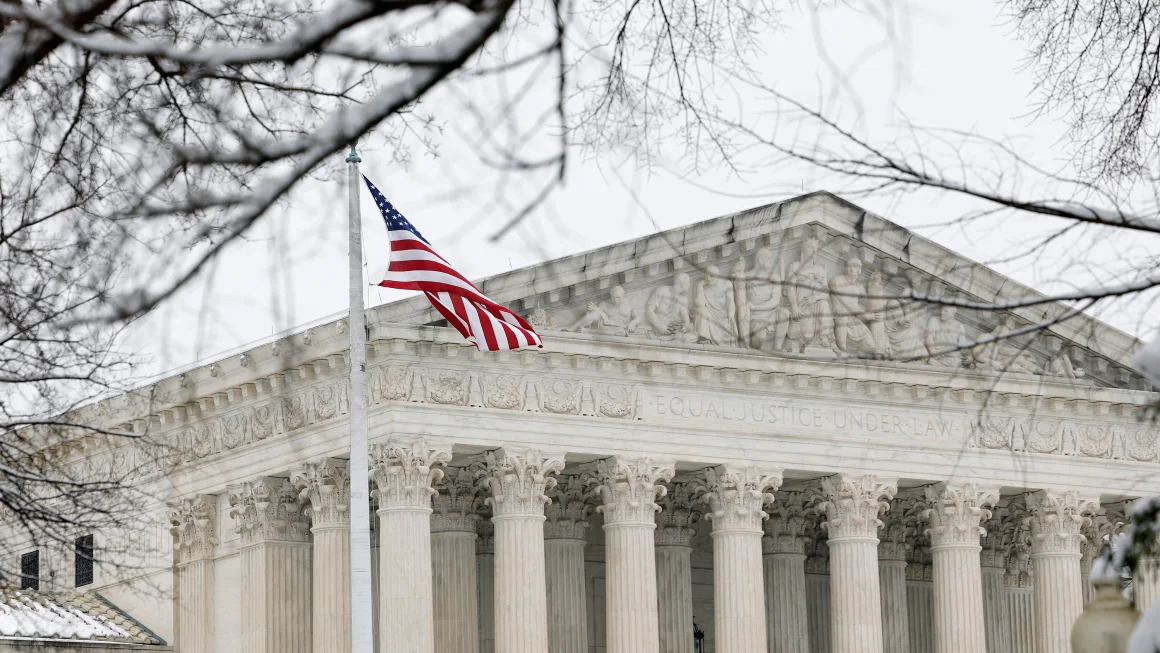Chief Justice John Roberts on Wednesday issued a temporary pause on a court-imposed deadline that would have required the Trump administration to release $2 billion in frozen foreign aid by midnight. The administration had argued it was unable to meet the deadline, setting up a high-stakes legal battle over President Donald Trump’s sweeping efforts to reshape federal spending.
The emergency appeal marks the first major Supreme Court test of Trump’s push to consolidate executive power and slash government expenditures. Roberts’ order does not resolve the case but grants the court time to review arguments before making a decision. He has directed the groups challenging the administration’s actions to respond by Friday.
The Trump administration rushed to the Supreme Court just hours before the midnight deadline, arguing that the order from U.S. District Judge Amir Ali—requiring the immediate release of aid—was impossible to meet within the timeframe. Acting Solicitor General Sarah Harris, representing the administration, told the justices that compliance would take “multiple weeks” and called the lower court’s deadline “imminent and arbitrary.”
The frozen aid includes billions of dollars in funding from the State Department and the U.S. Agency for International Development (USAID), which Trump halted in January as part of his broader effort to curb government spending. The move sparked legal challenges, with the plaintiffs accusing the administration of unlawfully withholding funds and obstructing approved payments.
In a unanimous ruling, the U.S. Court of Appeals for the D.C. Circuit had rejected the administration’s attempt to appeal the enforcement order, stating that such an order was not subject to appeal. This raises a potential complication for the government as the Supreme Court reviews the case.
Legal experts caution that Roberts’ stay does not indicate how the justices will ultimately rule. “It’s really just a play for time—perhaps as little as two days—to allow the justices to decide whether to pause Judge Ali’s ruling or force the government to comply while litigation continues,” said Steve Vladeck, a CNN Supreme Court analyst and Georgetown University law professor.
Meanwhile, a new court filing on Wednesday revealed that the Trump administration has already begun terminating thousands of USAID and State Department aid programs. According to the filing, more than 90% of USAID’s foreign aid awards have been canceled, affecting nearly 5,800 projects. Aid programs around the world have stalled as a result of the funding freeze, impacting nonprofit organizations and contractors that rely on government assistance.
The legal battle over the aid freeze adds to growing tensions between the Trump administration and the judiciary, particularly as Trump and his allies have openly criticized federal judges and suggested defying court rulings. In its Supreme Court appeal, the administration made a notable effort to emphasize its commitment to following judicial orders. “The government takes seriously its constitutional duty to comply with the orders of federal courts,” Harris wrote, in what appeared to be an attempt to counter recent accusations that Trump is undermining judicial authority.
As the Supreme Court reviews the case, the fate of billions of dollars in foreign aid remains uncertain, with nonprofits, foreign governments, and aid recipients caught in the political and legal crossfire.

